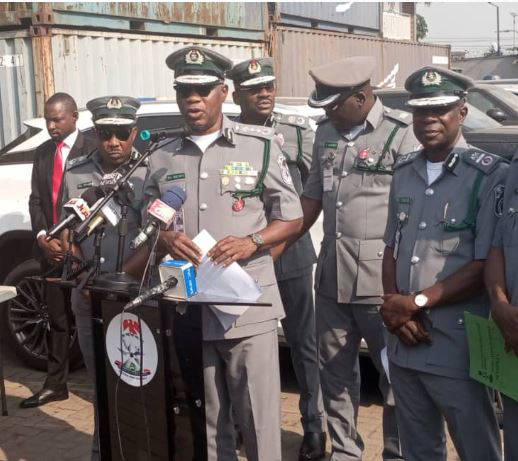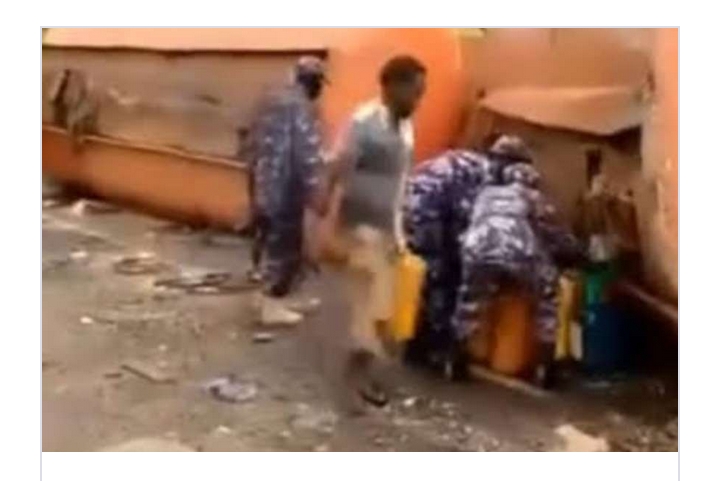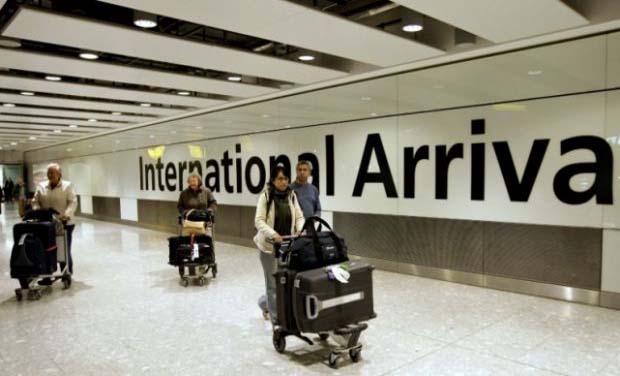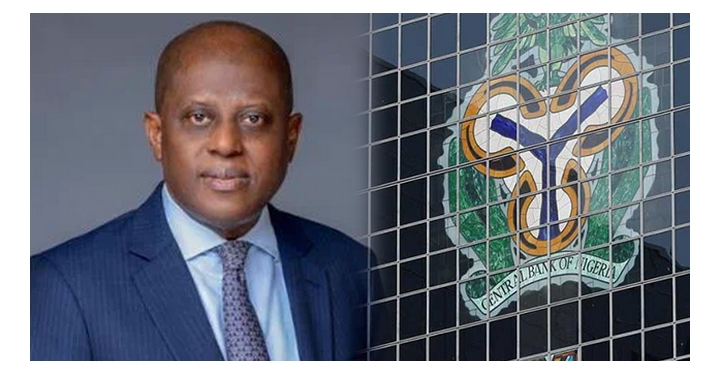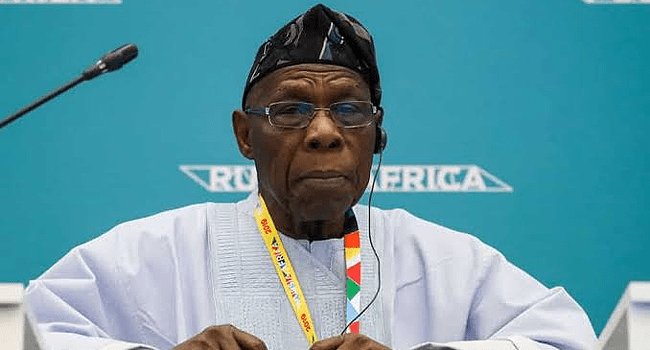The Comptroller-General of the Nigeria Customs Service, Mr. Adewale Adeniyi, addressing journalists at the Federal Operations Unit, Ikeja, Lagos, on stolen vehicles from Canada.....Read Full Article>>
•Customs swings into action.
The Comptroller General of Customs(CGC), Mr Wale Adeniyi, has lamented that Nigeria has become a preferred destination for internationally stolen vehicles which not only tarnishes Nigeria’s international image but also impacts our economy through substantial revenue losses and increased security spending. The Customs boss said this last Tuesday while handing over 21 exotic cars worth over N1.8 billion to the Canadian Government at the Federal Operation Unit (FOU), in Lagos.
The CGC disclosed that the International Police (INTERPOL) had also identified countries in West Africa as hubs for exotic vehicles stolen from Canada, America and Europe. The CGC revealed that members of the syndicate stole vehicles from foreign countries and subsequently shipped them into Nigeria, using falsified documents. He added the officers were able to recover about 21 exotic cars from the criminal gang, with the aid of the recently established Operations Hot Wheel. Among the exotic vehicles that were handed over include Rolls Royce, Lamborghini Huracan, Mercedes-AMG and Range Rover.
“Operation Hot Wheel consists of officers from the Nigeria Customs Service, the Economic and Financial Crimes Commission (EFCC) and the Canadian government,” he said. Adeniyi also revealed that all the 21 vehicles were recovered with the aid of the Canadian Government as well as the EFCC.
“According to INTERPOL reports, West Africa has emerged as a notable destination hub in the global stolen vehicle trade network. This extends from Europe and North America to as far as South America and Australia. This challenge is particularly acute in Nigeria,” he said.
While highlighting data from the National Bureau of Statistics (NBS), the CGC said that available data from the bureau showed that between 2013-2015, only 54 per cent of stolen vehicles were recovered.
He noted that it showed the scale and sophistication of this criminal enterprise.
“The growing incidence of stolen vehicles finding their way into our region has become a matter of serious concern, as it not only undermines our legitimate automotive market but also strains our security infrastructure. Recent intelligence from international law enforcement agencies further confirms that our region has become a preferred destination for internationally stolen vehicles. This is a trend that not only tarnishes Nigeria’s international image but also impacts our economy through substantial revenue losses and increased security spending,” he said.
He added that the economic implications of this criminal enterprise were far-reaching and deeply concerning.
“Beyond damaging our legitimate automotive trade sector and international business relationships, it undermines President Tinubu’s economic reform agenda that aims to position Nigeria as a trusted hub for international commerce. The Service is forced to divert substantial resources towards enhanced border management and rigorous verification processes – resources that should ideally be channelled toward trade facilitation initiatives and economic growth programmes.
“This criminal activity not only strains our operational capacity but also threatens the government’s efforts to attract foreign investment and establish Nigeria as a reliable partner in global trade,” he said.
He said that the NCS, in response to these challenges, gave rise to the initiation of Operation Hot Wheels.
“This initiative is aimed at disrupting the flow of stolen vehicles into Nigeria through our ports and borders. This is launched as a collaborative effort between the NCS, EFCC and Canadian authorities, which is focused on intelligence sharing, coordinated surveillance and strategic interdiction. The operation’s primary objectives included identifying and intercepting stolen vehicles, dismantling trafficking networks, and strengthening international cooperation in combating transnational vehicle theft. This multi-agency approach was designed to leverage the unique capabilities and jurisdictional advantages of each participating organization” he stated.
Adeniyi further noted that officers at various commands had successfully intensified surveillance operations through the enhanced intelligence gathering and strategic deployment of resources. He said that a recent intelligence-led operation at Area II Command, Onne Port, led to the interception of a 1X40ft container (MRSU-5028706) that was declared to contain used vehicles and auto spare parts.
According to him, physical examination of the container revealed three undeclared 2021 Toyota Highlander vehicles, two in Navy Blue and one in Red color.
“Through collaboration with Operation Screen West Africa (OSWA) and Interpol, two of these vehicles were confirmed to have been stolen from Canada. Simultaneously, the Federal Operations Unit Zone ‘A’ demonstrated exceptional vigilance with strategic interdictions at various locations in Lagos.
“These included one Mercedes-Benz G550 with Range Rover Sport, valued at N506.8 million, intercepted along Trinity Axis in Lagos. Also one Mercedes-AMG GT with a Lamborghini Horicane, valued at N630.8 million was recovered,” he said.
He added that one Rolls Royce was intercepted at Victoria Island, valued at N231.8 million and one Lamborghini 2019 Model recovered at Victoria Island worth N239.1 million.
“Others are two Range Rovers, 2023 and 2018 Models, intercepted along Lekki and Tincan Island Command valued at N267.1 million. Additional luxury vehicles were also intercepted through intelligence-led operations, including three Toyota Highlander 2021 Models,” he explained.
He stated that these recoveries highlighted both the sophistication of transnational vehicle theft syndicates and their evolving concealment methods.
According to him, criminals now employ various tactics, including false declarations and use of containerized shipments, attempting to circumvent customs detection systems. He added that the operation exposed how stolen vehicles were being smuggled through the nation’s ports using legitimate cargo as cover.

